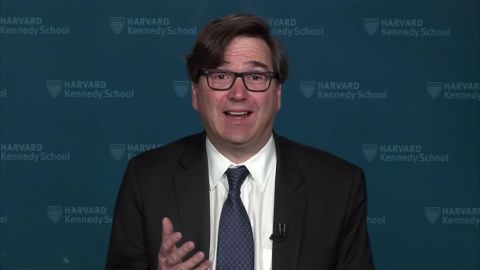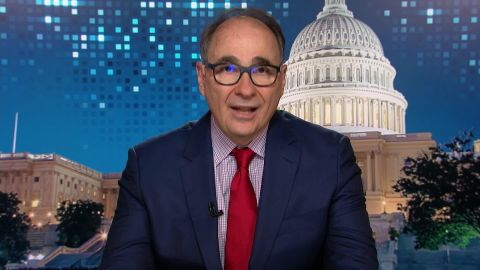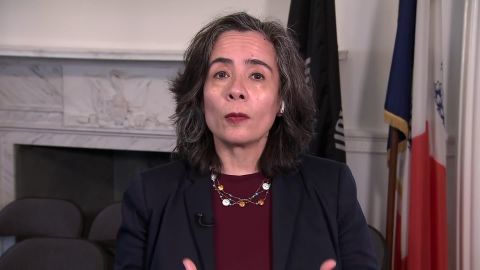Read Transcript EXPAND
CHRISTIANE AMANPOUR: First and foremost, do you see an end in sight to this meltdown on global markets, on the macro level? And why hasn’t any of this macroeconomic sort of interventions helped at all?
JASON FURMAN, FORMER CHAIR, COUNCIL OF ECONOMIC ADVISERS: Yes. Christiane, you know, we have never seen anything like this economically. Certainly not in the United States. I’m not aware of anything where the entire country basically shut down simultaneously for a period of no one knows how long it will last. I think the fed has done exactly the right things. It’s used a lot of its tools, but I think they know and I think the market knows that those tools are of limited use in a circumstance like this. The most important thing is containing the spread of the virus, starting to figure out a way to cure people with antivirals or a vaccine. That’s a long way off. And you know, flattening the curve until then. On the economic side, the biggest tools we have aren’t the ones at the fed, they’re the ones that the president and the Congress have with fiscal policy. I think a very large fiscal stimulus is going to be needed and I think the markets would be happy when they see it. More importantly, I think a lot of American workers would be happy when they see it.
AMANPOUR: Can you explain what that means, beyond the — you know, the sort of wonky title of financial stimulus? For those who are not steeped in your business, explain what that looks like.
FURMAN: Sure. It generally means you either raise government spending or cut government taxes. Often you do a combination of both of those. In part, it is motivated directly by circumstances. So, now is a time for the government to pay for free testing, which was in the bill that the House passed, to pay for what it can for — to expand hospital capacity, as you have been talking with your previous guests on the show, to pay for people who are unemployed, people going without food and the like. If you add up the cost of all of that, though, it’s still not enough for the sake of the economy and it’s still not enough for the tens of millions of families that are going to see their incomes and livelihood hurt by this situation and, you know, need some help. So, personally, I have advocated giving a check, $1,000 per person, $500 per child, if you wanted to make it larger, I wouldn’t argue with that. For some people, that would help them stay home. For other people it would help them pay the rent. And, you know, when we contain the virus, that money would be there to help them start to spend more money and get us into a recovery more quickly.
About This Episode EXPAND
New York City health commissioner Oxiris Barbot explains the state of the COVID-19 pandemic in her region. Dr. Sonia Adesara discusses whether the U.K.’s healthcare system is prepared for the crisis. Harvard economics professor Jason Furman discusses the economic fallout caused by the crisis. David Axelrod reacts to last night’s debate between Joe Biden and Bernie Sanders.
LEARN MORE



